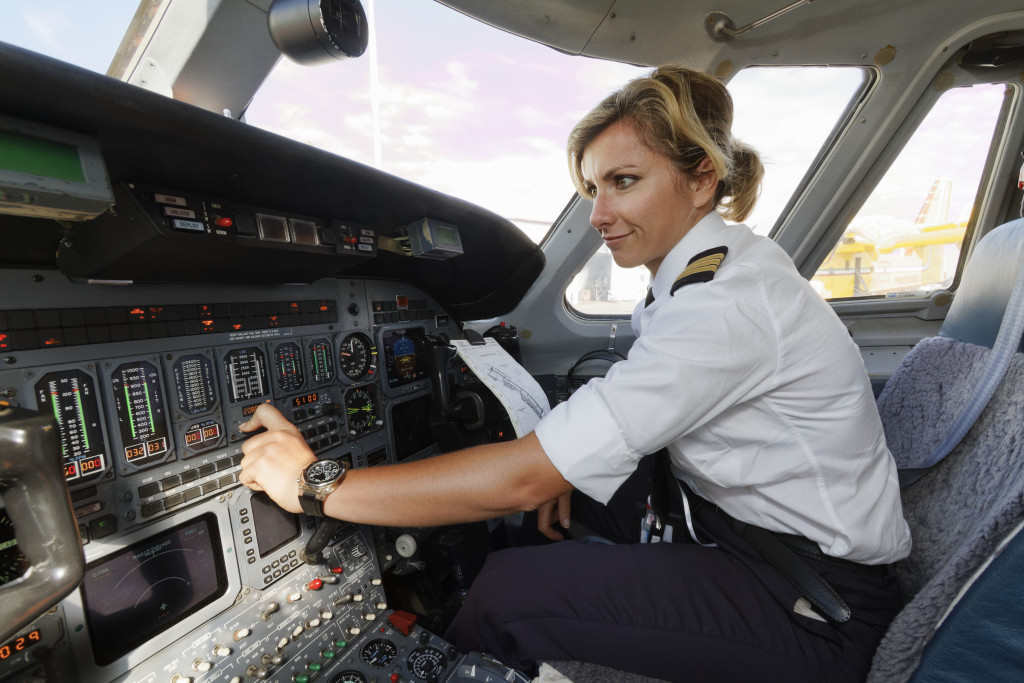Airlines are facing a host of different threats. The industry has been around for decades, but things have changed with the rise of technology. Some airlines have managed to adapt and thrive in the modern world, while others are struggling to stay afloat. Here are four significant threats faced by airline companies:
Climate change
Climate change is a threat to airline companies. It’s also a threat to the planet, the economy, the environment, and the people. It may seem like an overwhelming feat to take on all at once, but things will only worsen if people don’t act now. You can’t ignore the environmental impact of airlines either: jet fuel emits greenhouse gases into the atmosphere, which contribute to climate change. More planes flying means more emissions—and more pollution in general—being released into the skies daily.
Also, every year, more and more companies offer cheaper flights across oceans and continents, making it harder for them financially and socially. The reason is that they’re having trouble meeting customers’ demand for affordable travel options. This is where the aviation industry needs to make some changes. There are ways they can reduce their environmental impact while still making money, but they have to be willing to try new things.
Like what Azul Airlines did, other airline companies should also start using biofuels instead of regular jet fuel. This would lead to significantly reduced greenhouse gas emissions and less pollution.
Another option would be to focus on renewable energy sources such as solar, wind, and hydroelectric power. These alternatives are better than burning fossil fuels. If everyone in the aviation industry were working towards using greener energy sources like these, it would be easier for them to reduce their carbon footprint and help the environment.
Ongoing security threats
Security threats are a significant threat to airline companies. The threat is not only to passengers but also to the company itself. For example, when an employee of an airline company steals credit card data from customers and uses it for personal gain or sells it on the black market, this can cause harm both financially and reputation-wise for that airline company.
However, there are many ways in which an airline company can mitigate these security threats. Examples include hiring people with more experience in handling information technology (IT) systems or installing more advanced IT systems that use biometrics. Unfortunately, these methods can be costly for some airlines since they may not have enough money available at their disposal right now due to other budgetary constraints like fuel costs increasing over time.
The only way to avoid these security threats is for airline companies to have a policy that requires employees to report any changes in their processes or procedures. It is also crucial for them to ensure that these changes will not result in more harm than good since some people may try taking advantage of the situation for personal gain or sell the information on the black market.
Furthermore, airlines should install more advanced IT systems that use biometrics so their customers can be assured that their data is safe. This will give them peace of mind and allow them to focus on other aspects of their personal lives instead of worrying about whether their information is being stolen.
Shortage of captains or flight crews

A pilot shortage is a major threat faced by today’s airlines. As of now, it is estimated that there will be a significant shortage of pilots soon and this problem is expected to continue. The current problem began when pilots started retiring at an alarming rate. Due to this high turnover rate, fewer new pilots join the industry every year, which has caused the average age of pilots to rise. Also, many students cannot afford to train to be pilots on their own because they have to attend expensive flight schools and universities.
However, there are still lots of aspiring pilots ready to take on and pursue this career despite the high fees. So, if you know someone who wants to build a future in the aviation industry, you can ask them first to get into flight school and start their journey today!
Uncertainty about business travel
Business travel is a major source of revenue for airlines. However, uncertainty about business travel is one of the biggest threats airlines face today.
This can be attributed to several factors:
- Economic downturns affect business travel because employees may take advantage of flexible vacation policies rather than fly for work trips.
- When oil prices are high, many companies find it more cost-effective to send their employees via ground transportation instead of flying them across the country or worldwide.
- Security threats play a role in how people choose to travel as well. If you live in New York City, you might be less likely than someone outside city limits to fly commercially because of how difficult it would be for authorities to protect your safety while traveling through airports and on planes.
Trends and policies that impact the whole economy affect the airline industry. For example, an increase in the federal minimum wage may cause airlines to raise ticket prices or reduce the number of flights they offer. If gas prices are high, people are less likely to drive long distances for business trips. This trend also affects the airline industry, as people are less likely to fly from city to city. To make up for lost money, airlines might change their flight schedules or raise prices to make up for lost money.
Finally, the airline industry is influenced by changes in technology. For example, if it becomes possible to travel faster than ever before, people may opt to take trains instead of planes. This would affect the airline industry because it would mean fewer people flying around the country and fewer ticket sales.
Final Thoughts
As you can see, there are many threats that airlines face. While some can be handled through effective planning and execution, others require a more strategic approach. Hopefully, this article has helped you in any way to keep abreast of the latest trends so that your airline company is prepared for whatever comes next. Good luck!


